Fair Trade
For many artisans and farmers, handcrafting is the only option available to earn vital income to support their families.
Since 1949, SERRV International has believed in the critical role handcrafting plays in global employment. Our vision for a better world in the making® is driven by a belief in fair income for all.
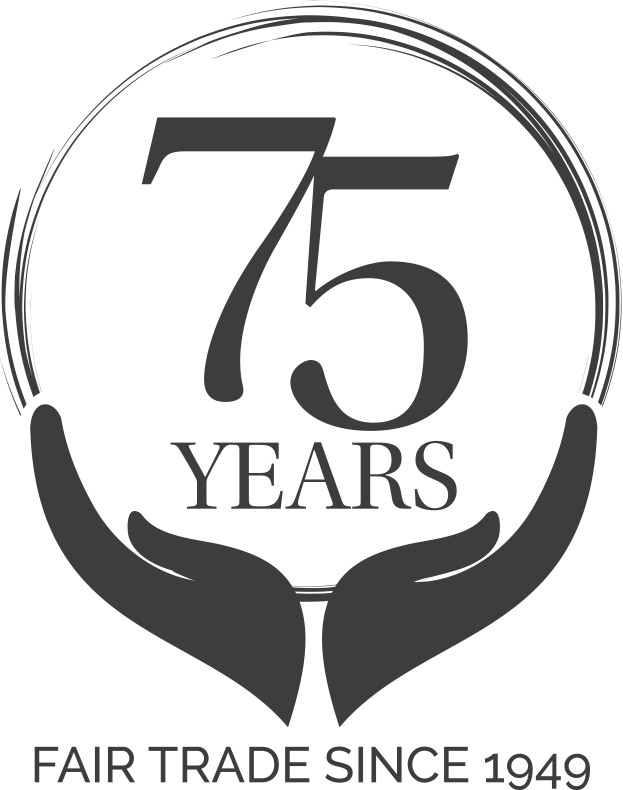
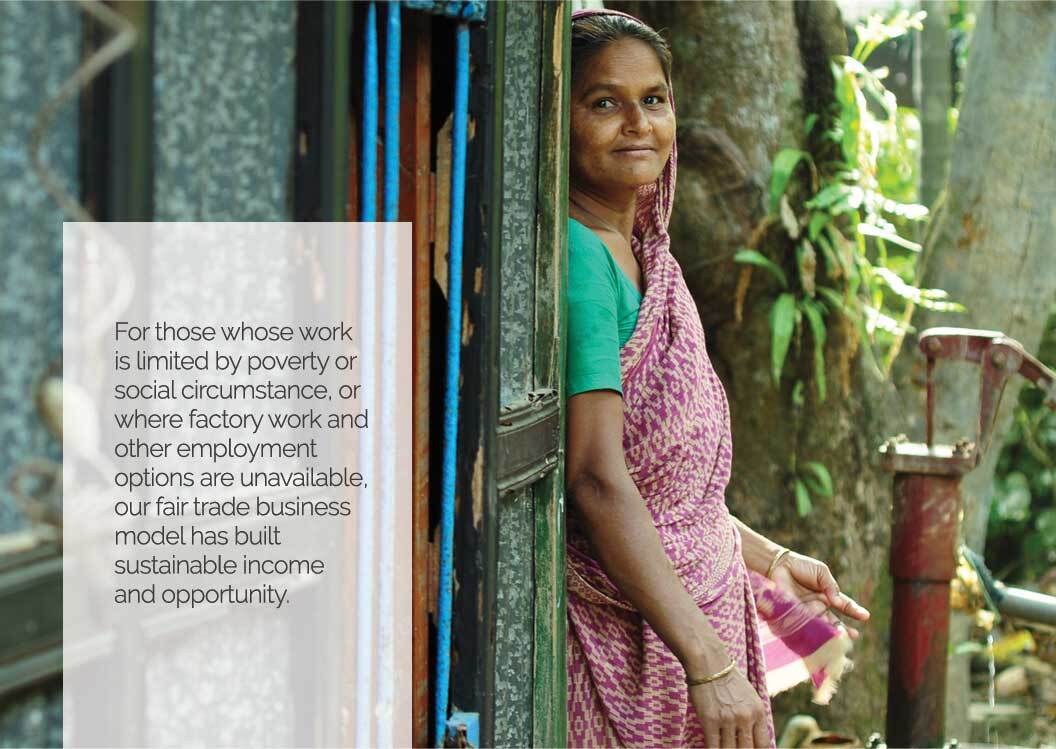
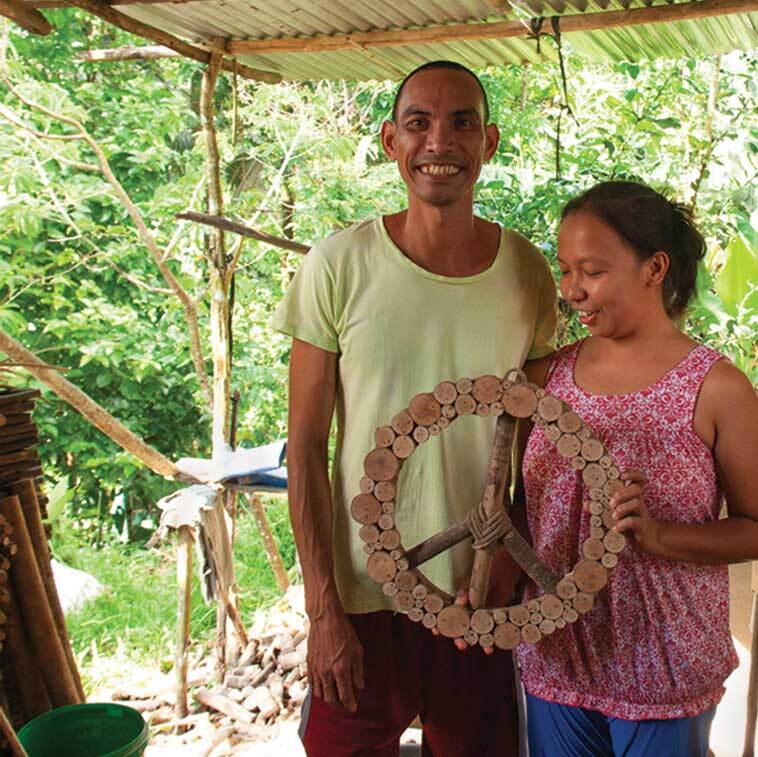
Fair Trade Defined
Fair trade is a commitment to a fairer world— ensuring that people who make and grow products have a place to sell them, that they're fairly paid, and that their working conditions and communities are safe and healthy.
For over 70 years, SERRV International has remained committed to fair trade's strictest codes of conduct, and to a triple bottom line of economic, environmental and social development. Our priorities are trading partnerships built on commitment, respect, transparency, and accountability.
Verified Fair Trade
As a founding member of the World Fair Trade Organization (1989) and the U.S. Fair Trade Federation (1994), SERRV has been a pioneer in the global fair trade movement. We continue to honor our responsibility to long-term partnerships— ensuring that we intimately know, monitor, and support each of our partner organizations.
SERRV's bi-annual Better World Partner Audit helps ensure adherence to our shared mission to build Sustainable Employment, Resources, Rights, and Vision within the small-scale artisan and farming communities.
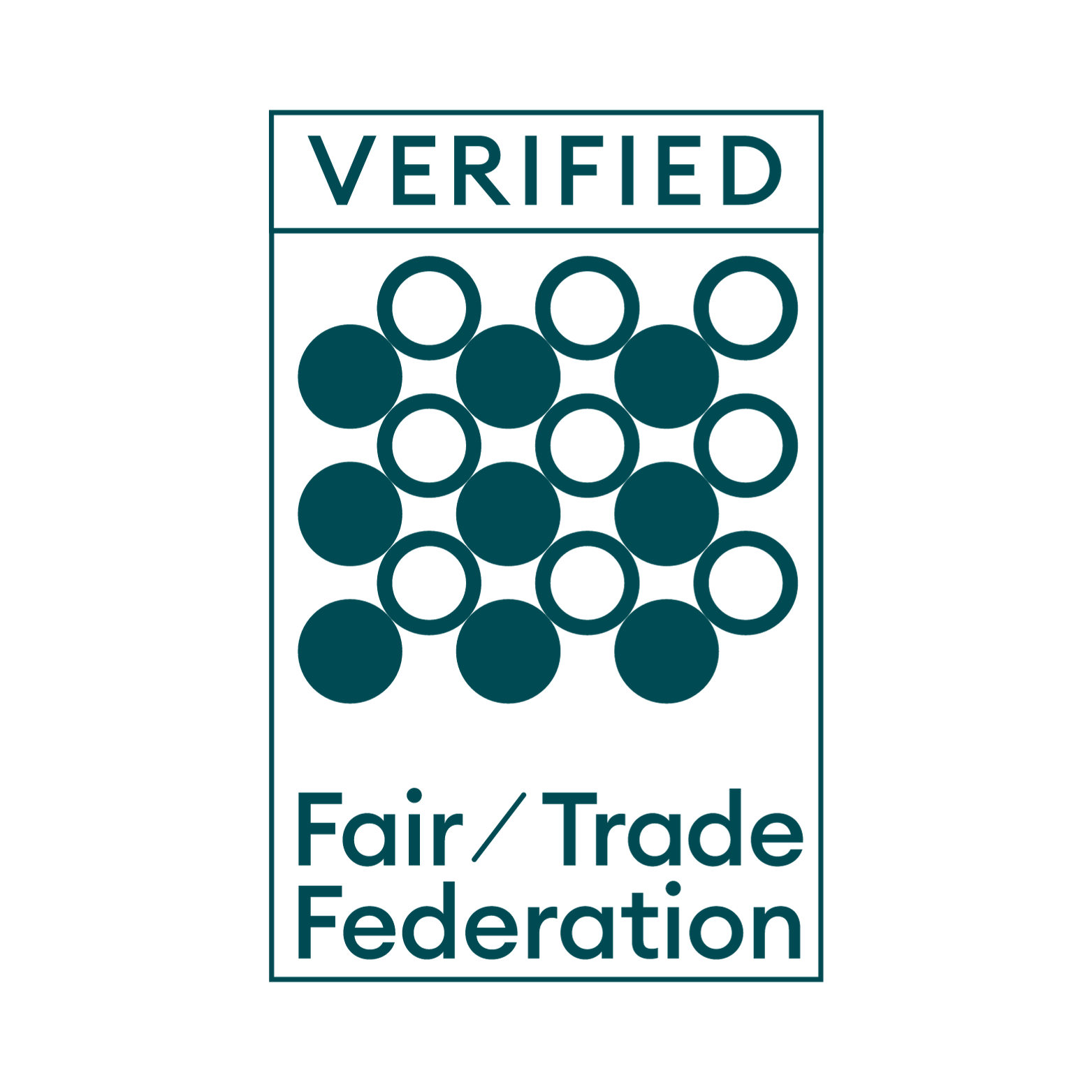
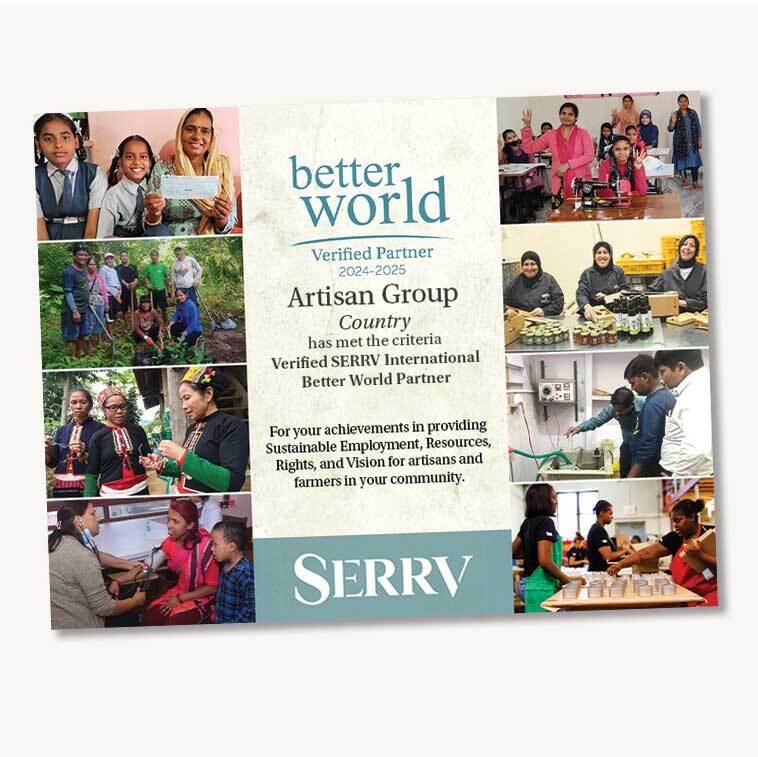
A Mission in a Name
Every letter in our name SERRV has purpose, and stands for an important part of our mission.
Sustainability: protecting the planet through fair trade
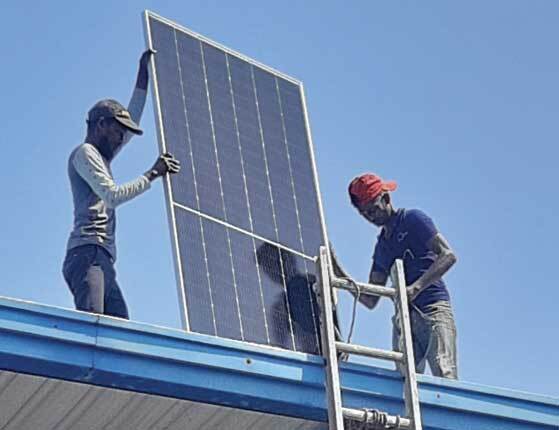
Eco-friendly practices. Fair trade encourages eco-friendly methods and materials for farming and crafting to minimize our impact on the planet.
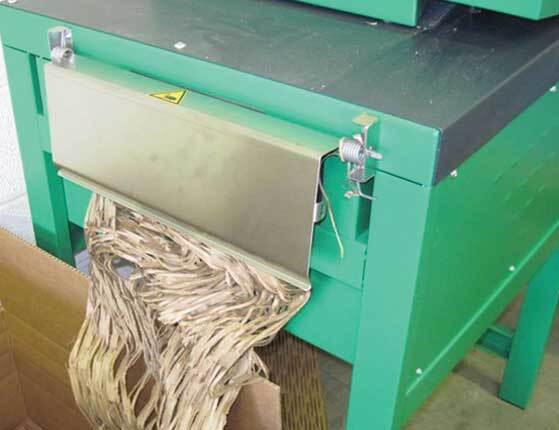
Sustainable packing and shipping. We pack orders with used cardboard boxes shredded by our 'Green Machine' at our warehouse in Maryland, and we ship by sea as much as possible to reduce carbon emissions.
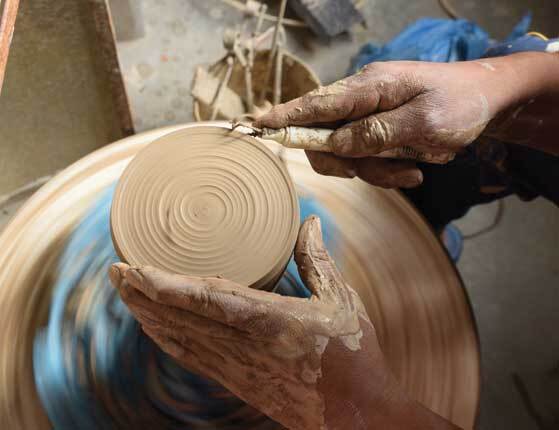
Going green with handmade. Our partners use traditional handcrafting techniques to make their items, avoiding waste and pollution caused by factories and mass production.
Employment: Earning fair and vital wages through fair trade
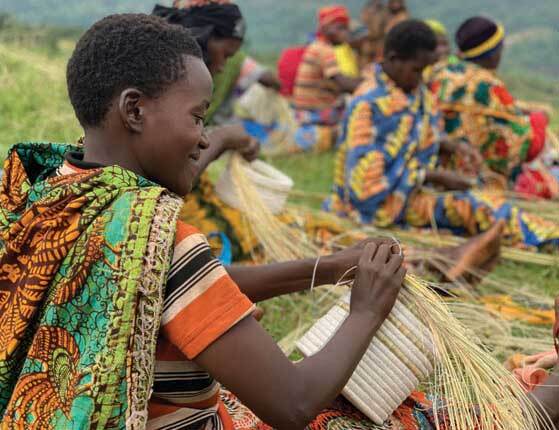
Work for people instead of machines. Through their traditional handmade crafts and hand-harvested crops, skilled artisans and farmers can support their families and communities.
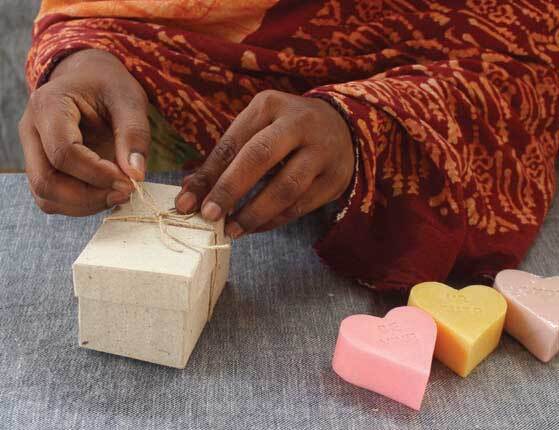
Safe and dignified working conditions. Fair trade provides employment opportunities free from discrimination, forced labor, and exploitative work.
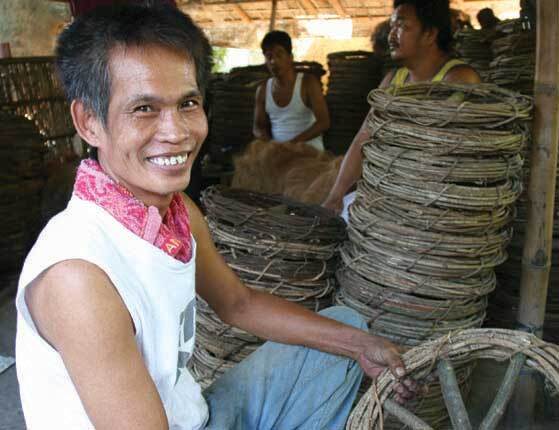
Long-term relationships. By committing to support our partners, we design new products and place regular orders based on trust, transparency, and accountability.
Resources: Gaining access to materials, training and funds through fair trade
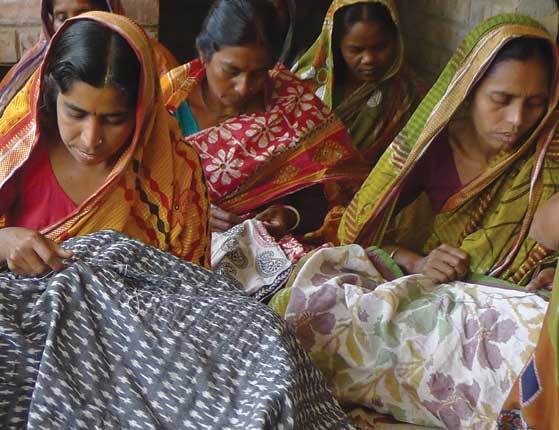
Natural and upcycled materials. Our partners use sustainable woods and grasses, upcycled fabrics, and recycled metals to create their handcrafts.
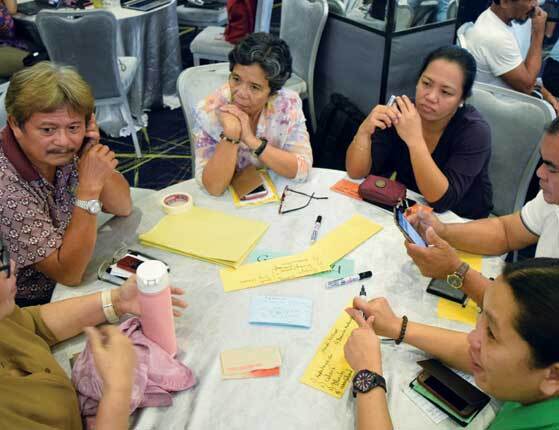
Education for all. Artisans and farmers around the world receive valuable skills and business trainings through fair trade.
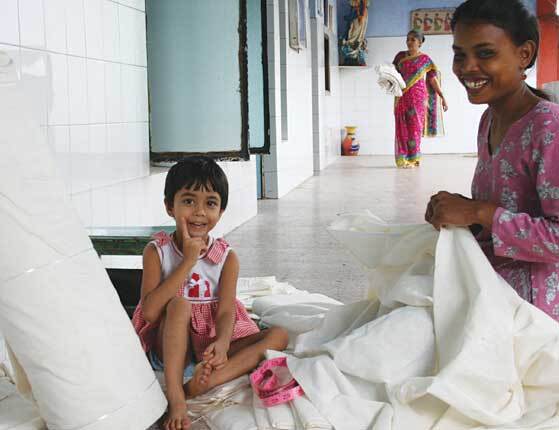
Payment up front. We offer our partners 50% advance payment on orders. This allows them to purchase raw materials and support their families while avoiding extreme interest rates throughout the process. We pay the remaining 50% when the handcrafts ship.
Rights: Happy and healthy living through fair trade
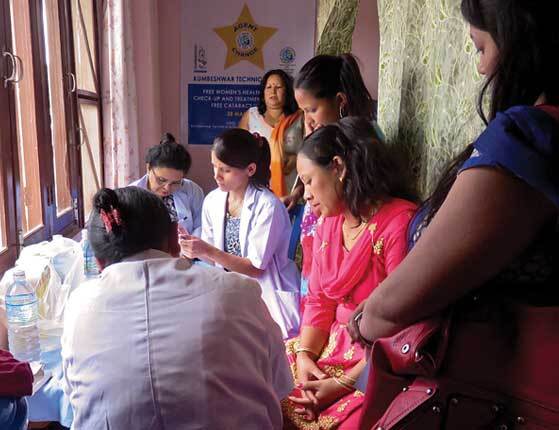
Access to basic healthcare. Our fair trade partners hold health and eye care clinics and provide other basic healthcare services to artisans and their families.
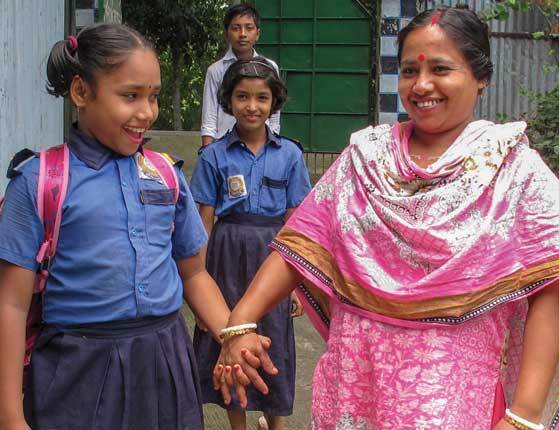
Education for women and girls. Scholarships, skills trainings, and income to pay tuition become accessible to women and their daughters or girls in their communities through handcrafting and farm work.
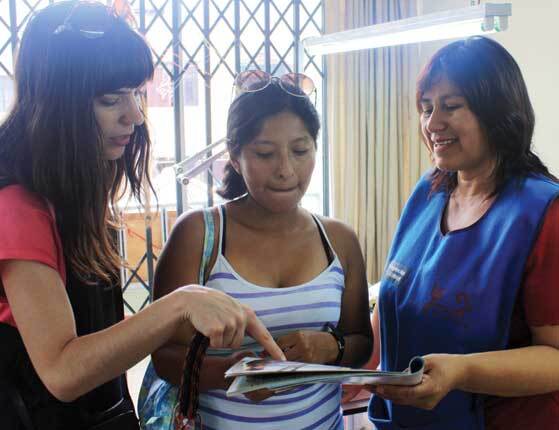
A voice to express what matters. Artisans and farmers gain the opportunity to join cooperatives and have a voice in important business decisions in fair trade organizations.
Vision: Building a strong foundation for a stronger future through fair trade
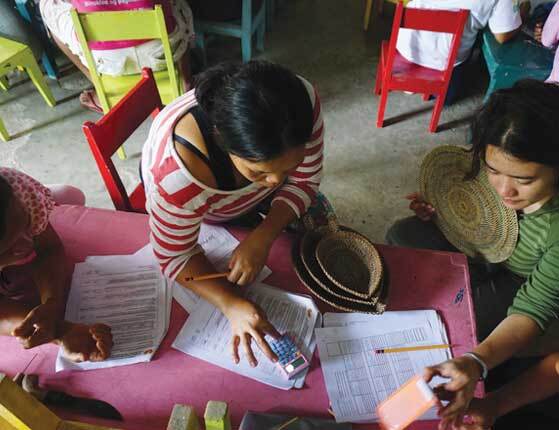
Financial planning and education. Our fair trade partners provide access to resources to help artisans and farmers become financially independent and save for the future.
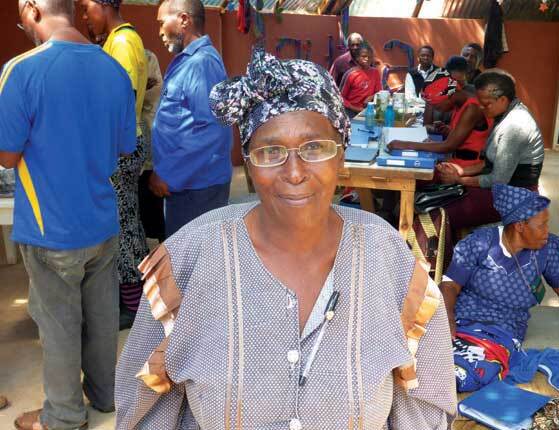
Building strong communities. With the funds earned and skills learned through fair trade, artisans and farmers are able to reinvest in their communities by funding improvement projects, education initiatives, and more.
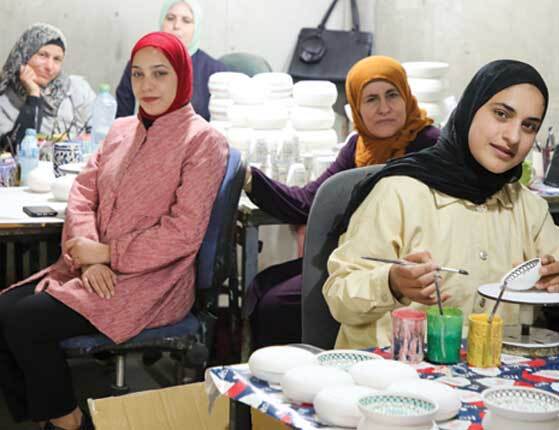
Opportunities for all. Quality education, basic healthcare, safe and dignified work, and a brighter future become a reality through fair trade.
